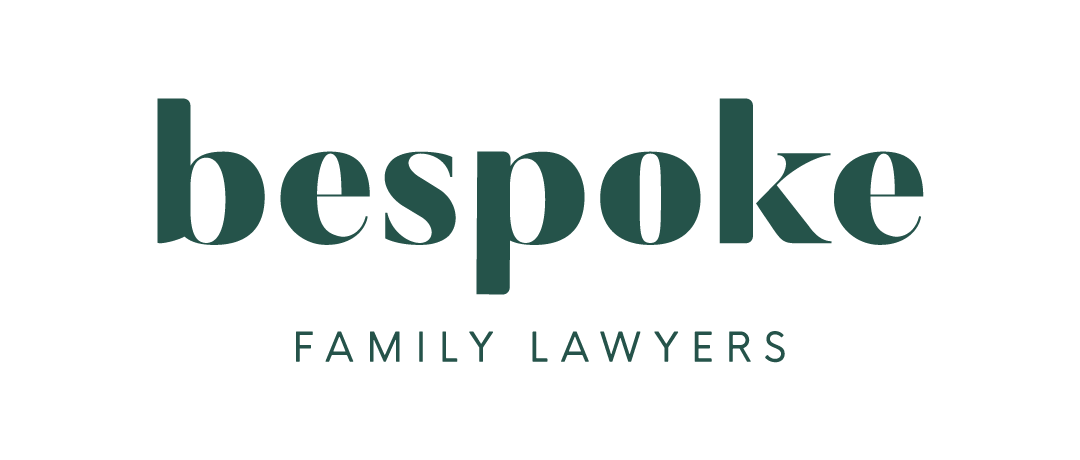Splitting from your Ex is hard enough, but when you throw a business into the mix, things can get a bit trickier. These are some of the considerations relevant to co-business owners leading up to and after separation to think about:
- Will one or both of you work in the business after the separation?
- What income or distribution will be paid to each party pending a final agreement?
- What information will each party have access to about the business after the separation?
- How are the business interests, assets and liabilities going to be dealt with after separation – i.e. Can one party deal with the business interests, assets and liabilities or does the other party need to be involved or do they expect to be involved in decision-making?
- Will the business be retained by one party? Does the structure of the business need to change to achieve this?
- Does retaining the business mean that the property settlement has to occur over a period of time?
- How are the liabilities of the business secured? Does this change how other assets such as the family home are dealt with as part of the property settlement?
Working out how to deal with the business while you are separating, negotiating a final agreement or as part of the final property settlement is very important. The decisions you make surrounding the above points can have a significant effect on the cash available to each party after separation, the capital assets available for division, and the timing of the settlement.
While we know that no two businesses are the same, the general approach is that business interests will form part of the property pool available for division between you and your Ex. Even if your Ex doesn’t have legal ownership of the business, they have an equitable or beneficial interest under the Family Law Act 1975 (Cth) which means you should avoid dealing with the business or its assets and liabilities in any significant way unless you have your Ex’s formal consent.
Here are a few points to keep in mind when deciding how to approach a family business during and after separation or divorce settlements:
Who wants to keep the business?
Does the business mean more to one party than the other? Who started the business? Who works in the business? In most matters, there is one party who is more heavily invested in the business than the other, or one party whose expertise is necessary to keep the business going. In these circumstances, it is relatively easy for separated partners to come to an agreement as to who will retain the business going forward.
If both parties are equally as involved in the business and neither party wants to let go, then deciding what will happen to the business in the settlement and while negotiating that settlement becomes more complicated. Can you both stay in the business and if so, what boundaries and structures need to be put in place to make this feasible for the business and both parties? If there is no agreement, does the business have to be sold?
For you and your Ex to have a meaningful conversation about how to deal with the business now that you are separating, you need to find out what it’s worth and what does it’s value mean in the context of the other assets, liabilities and financial resources held by parties. Does the person retaining the business need to access funds to make a cash payment to the other party? Is this immediately achievable or does the person retaining the business need a period of months or years to make the cash payment? If so, how does a property settlement over a period of time actually work?
Valuations
Given that a business is taken into account as an asset in the same way as other property, it is standard to obtain a valuation of the business to see how much the business is worth. The valuation will be more helpful to the discussions if it is completed by an independent valuer, rather than the business’ accountant. This will provide an independent, unbiased view of the value of the business and help you work out if the business will be retained or sold. A business valuation can be costly, but without it, it is difficult to get a true feel for what sort of asset you are dealing with, and the options available to you and your Ex.
Detangling the operating structure
Once an agreement has been reached as to who is to retain the business in the final property settlement, we then need to start thinking about the practical aspects of de-tangling the business. For example, is the business held as part of a partnership, owned by a company or owned by a family trust.
It is important for us to ascertain the operating structure so that we can incorporate the practical steps involved with one party leaving the business in the concluded agreement. This will ensure each party has full clarity and the parties access any stamp duty and capital gains tax exemptions available to separating couples when the property settlement is formalised as Court Orders or a Binding Financial Agreement.
Tax considerations
Detangling one party from a Trust, company or partnership may come with associated taxation issues. In particular, how to deal with any loans owing by or to the business, the removal of beneficiaries from the Family Trust or transferring assets, such as cars, from the business to one of the parties. It is for this reason, we liaise with the parties’ accountant or an independent accountant to identify these taxation issues, and identify any tax payable by either party to incorporate into the division of the property pool between the parties.
What first?
If you own a business and are separating from your Ex, then we recommend you obtain legal advice to figure out the best way to deal with the business in the property settlement, or to discuss any possible transactions that you propose to take in respect of the business before a settlement is reached.
There is no one size fits all approach to how to deal with a business after separation – the right approach for your business will be unique to your circumstances. Luckily for you, we are experts at creating a bespoke solution for your separation, based on your needs – and including your business’ needs.
If you have any questions – reach out, give us a shout and we’re always available to help! We are always more than happy to take a phone call and talk things through with you so that you can get started on your journey to clarity and certainty.
We offer a free 30-minute CLARITY CALL, if you want some further guidance or support during your separation journey.
We would love to hear from you!
***Disclaimer***
This article is for general information purposes only and does not constitute legal advice or any other professional advice.







